by Julie Buzby, DVM
 |
| courtesy Dayland via Flickr.com Looking Guilty |
How do we get our pups to stop eating their own, or other dogs, poop?
Thanks, Lori,
----------------------------------------------------------------------------------
Hello Lori,
You recently queried on AllThingsDogBlog about how to stop
coprophagia in dogs. Great question, but
I recommend not reading my answer while eating a meal. Coprophagia
literally means “to
eat feces”. This activity, like dogs rolling on a dead
carcass, is something we humans cannot appreciate. Yet it is a very rewarding behavior for our
canine companions.
For-Bid™ is
probably the product most commonly recommended by veterinarians for this
issue. It’s been around for years, and is fed to dogs
for 5-6 consecutive days, then as needed.
For-Bid™ is
basically wheat gluten and monosodium glutamate (MSG). MSG is the active ingredient because it is broken down in digestion to
make the stool taste yucky. Reviews are
mixed on how well the product works, but I’m leary about prescribing wheat gluten and/or sodium
glutamate to my patients.
Several over-the-counter products are also available, some with
more “gentle” ingredients (such as digestive enzymes
and probiotics), but they also garner mixed reviews for efficacy. Then there’s the list of home remedies, such as
feeding meat tenderizer or pineapple, used for their enzymatic properties in
digestion.
I need to point out that in a multidog household, if you are
giving an oral product to address this problem, the product needs to be given
to all dogs, not just the dog who ingests feces, so that all the accessible
excrement is altered.
Unfortunately, in my experience, there is no magic bullet for
coprophagia (though sometimes one of the above products or tactics will work
for an individual).
The most reliable way to address this behavior requires
diligent, hygienic management of the dog’s environment and access to stool. This means:
• strict supervision when the dog is
outdoors
• immediate picking up of the feces to
remove the temptation
• teaching the “leave it” command
• as a last resort, using a basket muzzle
to prevent ingestion
It is important to note that this behavior is not only a problem
from the standpoint of the “gross
factor”, but is
also a possible route of transmission of internal parasites and bacteria.
Please talk to your veterinarian about your concerns. Though coprophagia is usually just a
behavioral habit, it can be associated with a dietary problem or even an
underlying medical issue.


Dr. Julie Buzby is a homeschooling mom of seven, American Veterinary Chiropractic Association and International Veterinary Acupuncture Society certified holistic veterinarian, and passionate advocate for canine mobility.In her free time she serves on the Advisory Board for The Grey Muzzle Organization. She can be found at Twitter @DrBuzby and on Facebook.com/ToeGrips. You'll also find more of Dr. Julie's posts at our Ask the Vet Archives page.
Here are a few of her articles that may be of interest:

















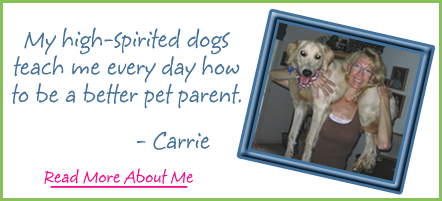
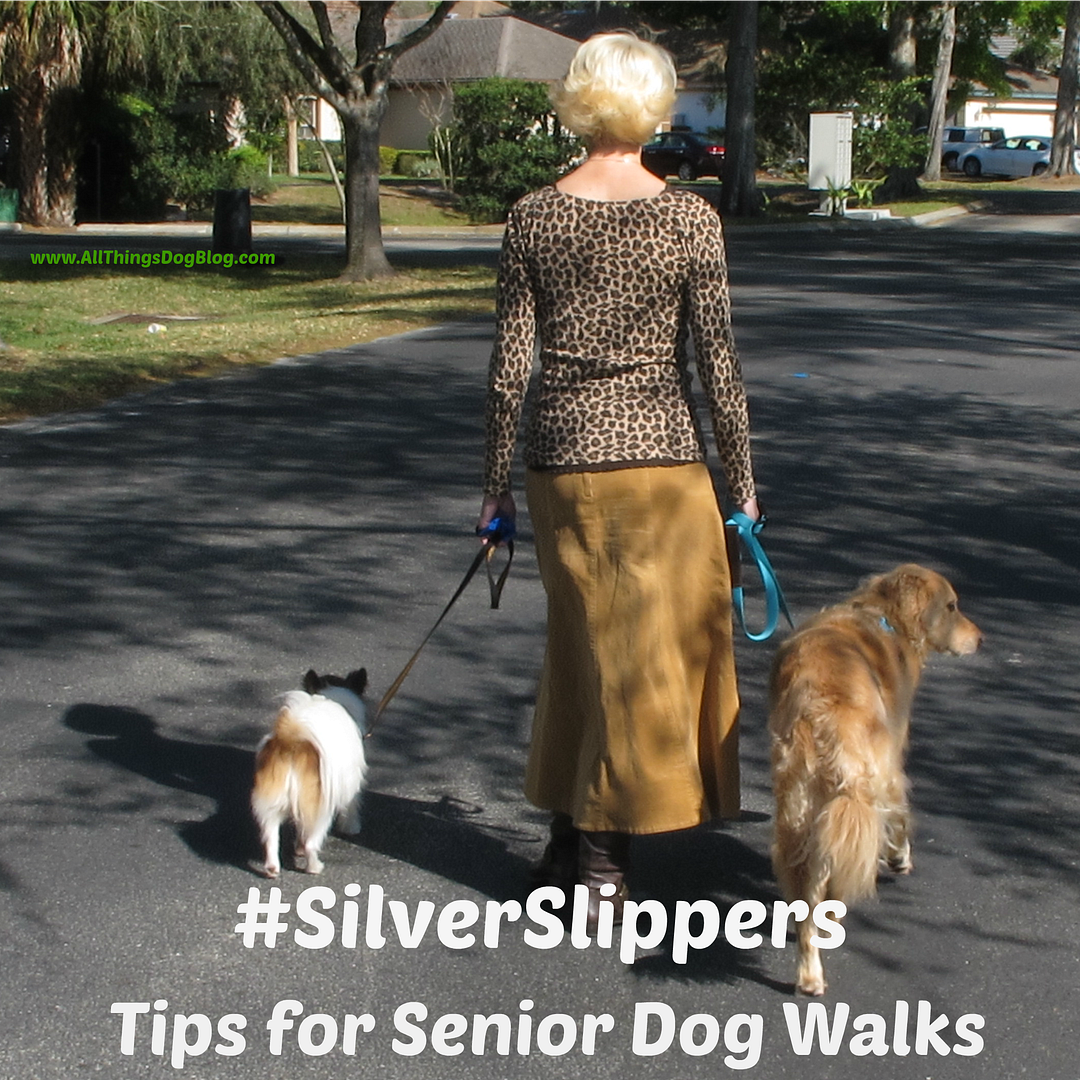





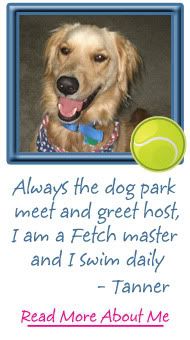
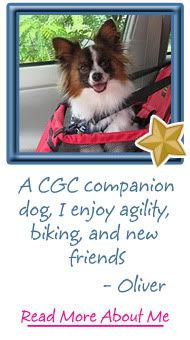

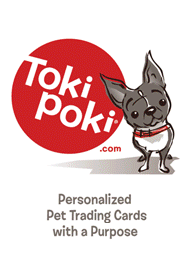




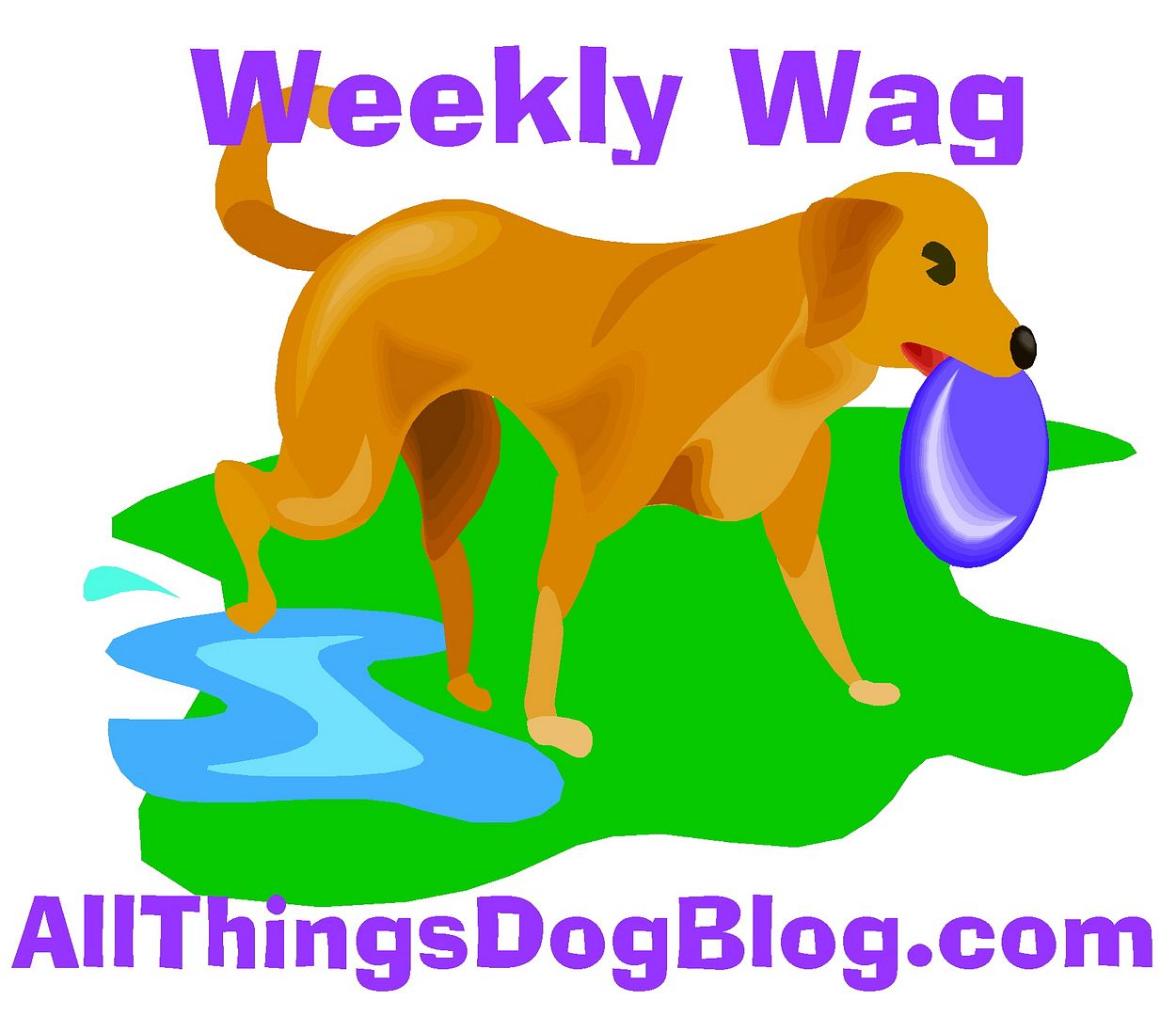


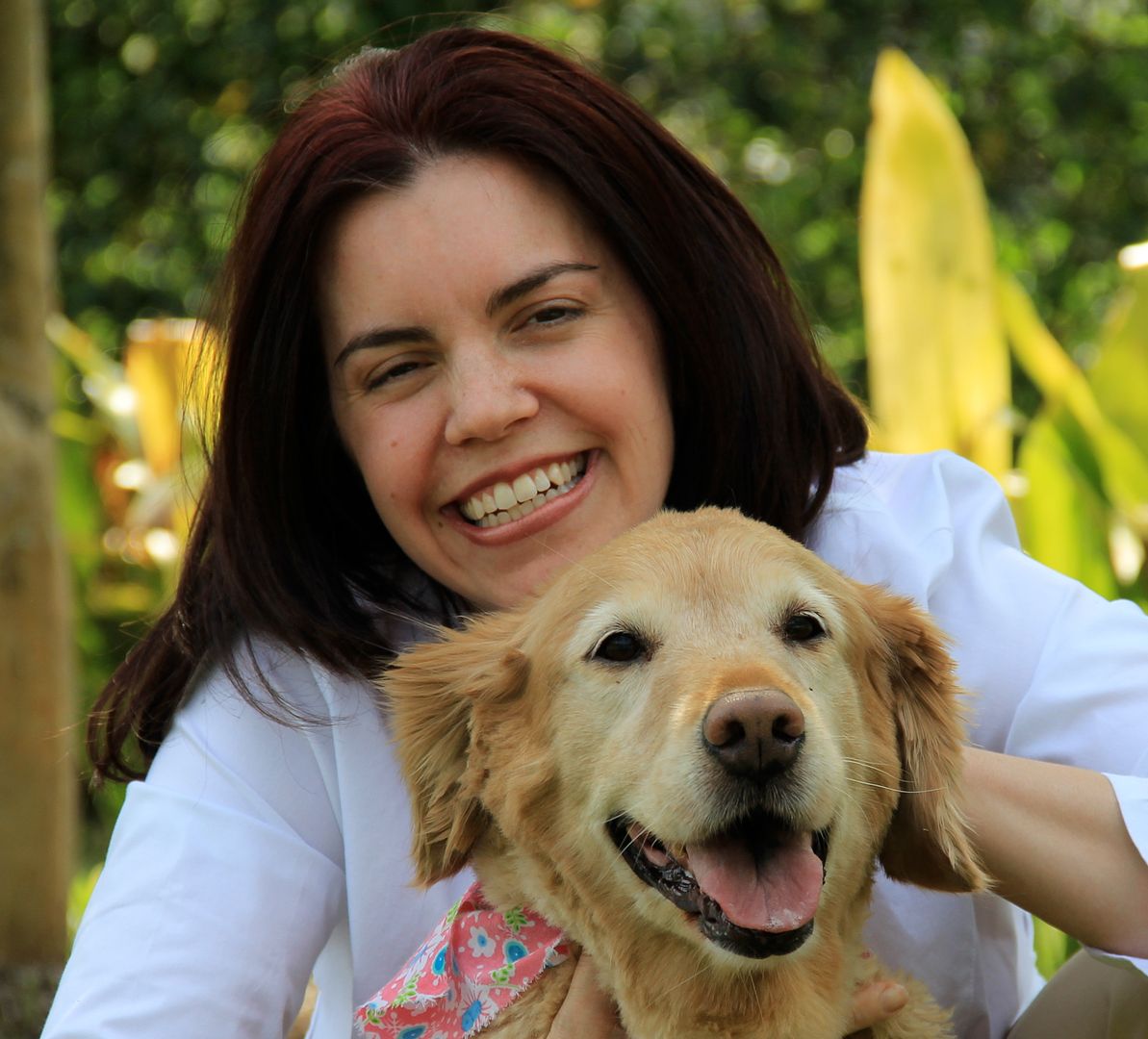



0 comments:
Post a Comment